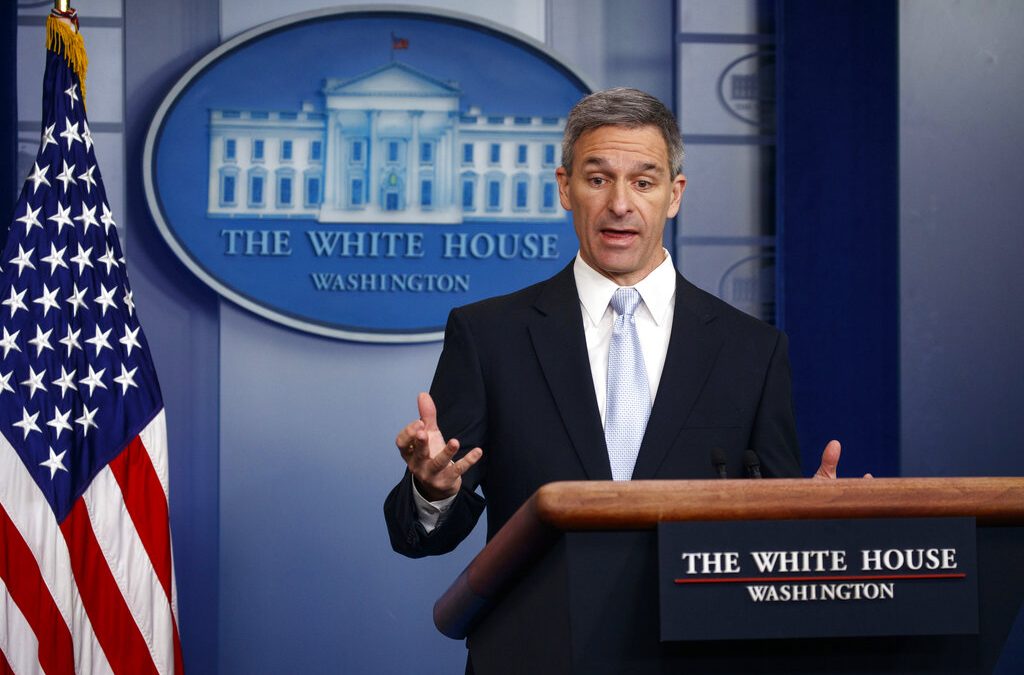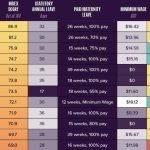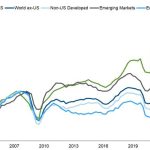OAN Newsroom
UPDATED 9:50 AM PT — Thursday, August 15, 2019
Over a dozen states are suing the Trump administration over its new “public charge” rule. The suit was filed against the Department of Homeland Security (DHS) Wednesday by a coalition of 13 states led by Washington Attorney General Robert Ferguson.
The lawsuit argues the new rule is in violation of outstanding immigration laws by changing what constitutes an immigrant as a “public charge.” Currently, a person is considered a “public charge” if they are mainly dependent on government programs for support. If they meet the criteria, they are less likely to be approved for permanent residency.
The new DHS rule, however, seeks to expand the definition to include immigrants who have received any government benefits, such as food stamps and public housing, for a period of more than 12 months. This is a move the Trump administration argues promotes American values like personal responsibility and self-determination.
“Today USCIS, the agency I head as part of the Department of Homeland Security, has issued a rule that encourages and ensures self-reliance and self-sufficiency for those seeking to come to or to stay in the United States. It will also help promote immigrant success in the United States as they seek opportunity here. Throughout our history self-reliance has been a core principle in America — the virtues of perseverance, hard work, self-sufficiency laid the foundation of our nation and have defined generations of immigrants seeking opportunity in the United States.”
— Ken Cuccinelli, Acting Director – Citizenship and Immigration Services
FILE – In this Aug. 12, 2019, file photo, Acting Director of United States Citizenship and Immigration Services Ken Cuccinelli, speaks during a briefing at the White House, in Washington. (AP Photo/Evan Vucci, File)
The change would also take into consideration applicant’s income levels. Many critics argue this unfairly targets low income migrants. In response,however, immigration officials say that no single factor on the application will determine one’s citizenship status.
Some experts have estimated the rule may cut legal immigration by about half. The changes are expected to take effect mid-October.











